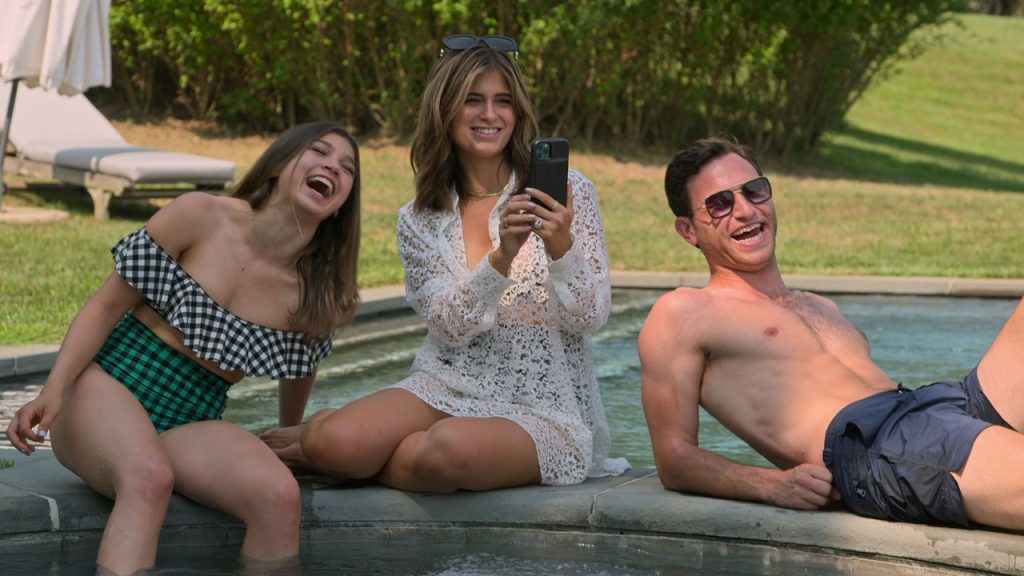‘My Unorthodox Life’ Is Compelling TV That Could Make Life Harder for Some Jews

[ad_1]
I could watch 18,000 hours of the wildly compelling new Netflix reality show My Unorthodox Life. It’s thrilling and unexpected, and it doesn’t give me that terrible reality TV feeling, as if my brain has secretly been removed and stored in a facility.
I also think that the show will directly contribute to making life more dangerous for some Jewish people. Let me explain.
On December 28, 2019, a man wielding a machete broke into the home of a Hasidic rabbi in Monsey, New York, during a Hanukkah party. He stabbed five people, killing one. Prosecutors said he had googled things like “Why did Hitler hate the Jews.”
It was the second time in a month that a rabbi was stabbed in the tiny town of Monsey. Earlier a father of four was attacked standing outside of his synagogue. That same month, just miles away in New Jersey, shooters opened fire at a kosher grocery store, killing three people. Authorities said the store was targeted because it was frequented by Jews.
So it is hard for me to enjoy My Unorthodox Life, which follows Julia Haart, a woman who left the Orthodox Jewish community of Monsey, to start a new life as a mostly secular Jew in Manhattan. Haart is incredible—funny and feminist and, apparently, a very successful businesswoman. She and her four children feel like a new generation of Kardashians, but more substantive. Like that family, Haart’s clan is telegenic, with the rare alchemical skill of turning the mundane (eating salad, doing paid Instagram promotions) into high drama. They wear five-inch heels as they walk the line between ambition and entitlement.
But the show works overtime to paint ultra-Orthodox Jews as extremists, as evil people. “They’re fundamentalists,” Haart proclaims again and again, calling her community “dangerous.” Her young son’s religious behavior is “super looney.” The less observant members of the family laugh at and berate the Monsey Jews. At one point Haart’s daughter describes a rumor about a secret all-girl Monsey sex ring. When Haart visits the kosher grocery in Monsey, the camera work turns Orthodox shoppers into a leering monolith.
It’s true that some practices of more Orthodox Jews would be morally reprehensible to many of us. But watching and judging them on TV isn’t activism. Haart’s anger is justifiable, and in parts of the show she and her family engage in beautifully nuanced conversations about Judaism and feminism. (By the way, Haart would still be reality TV gold with less focus on Monsey and more focus on every other part of her life.) But the show pushes one message: Ultra-Orthodox Jews are dangerous.
[ad_2]
Source link




